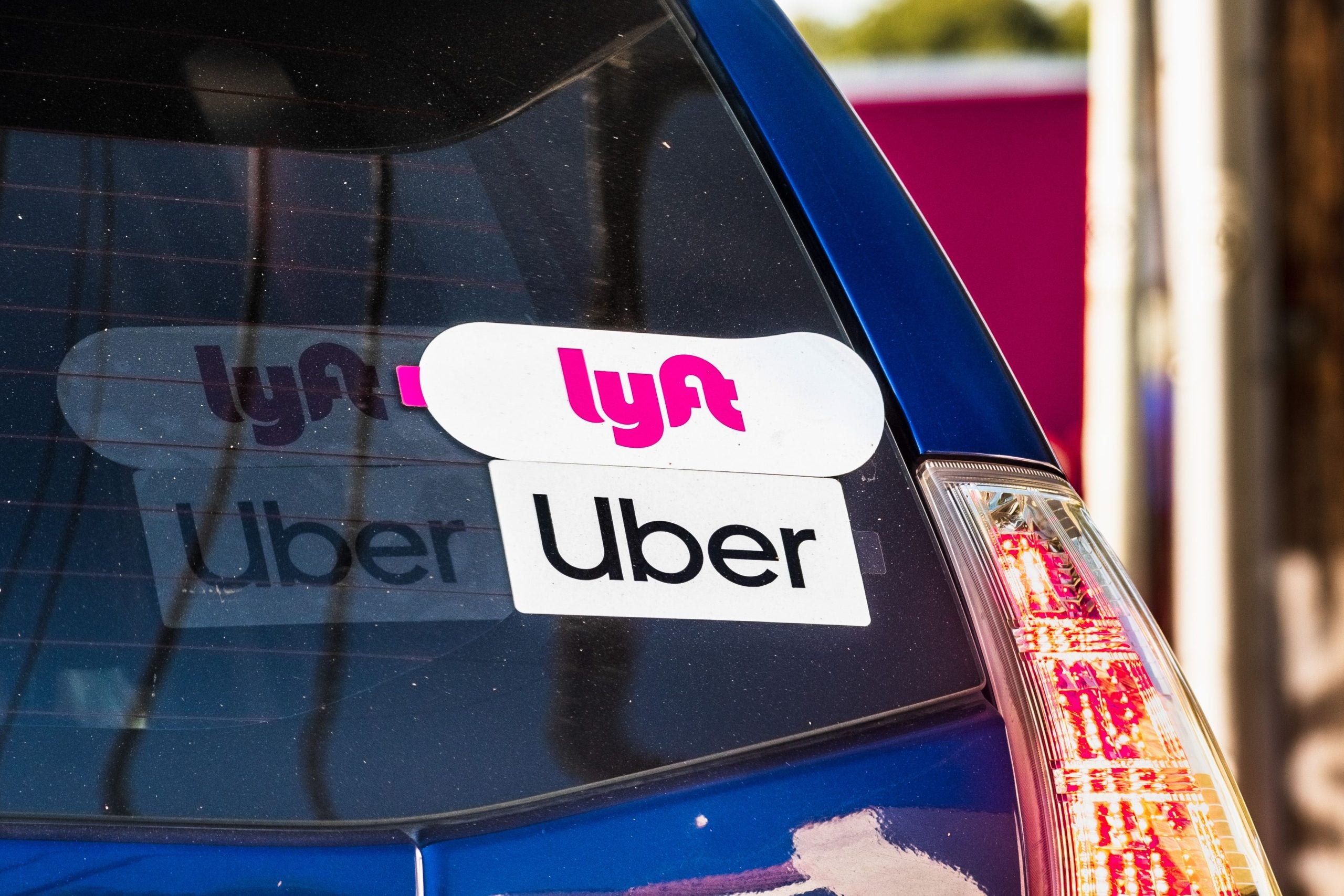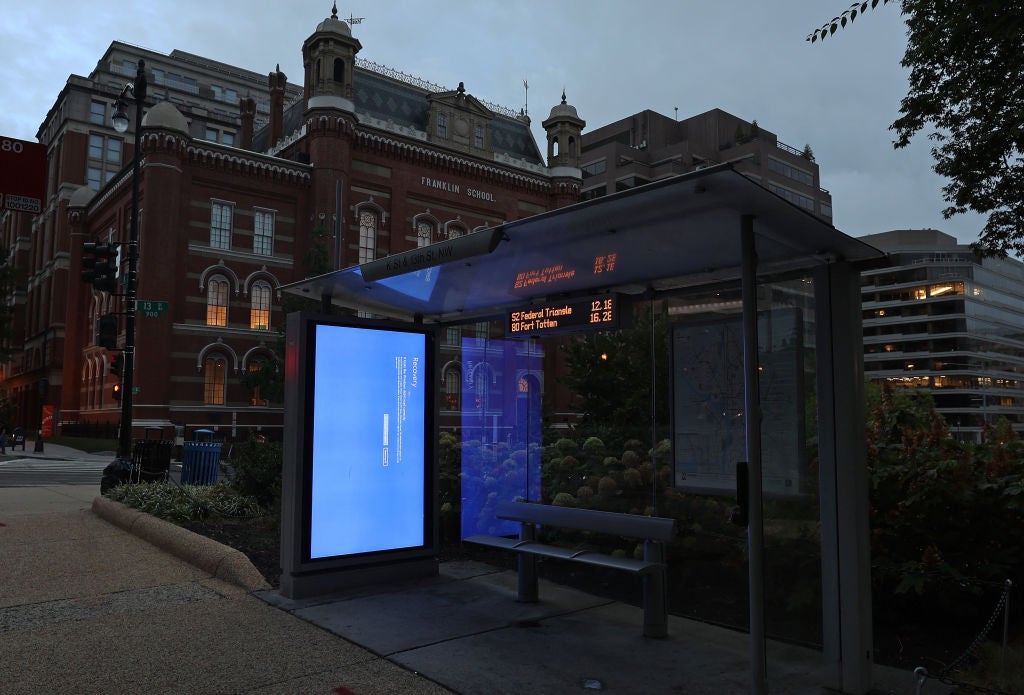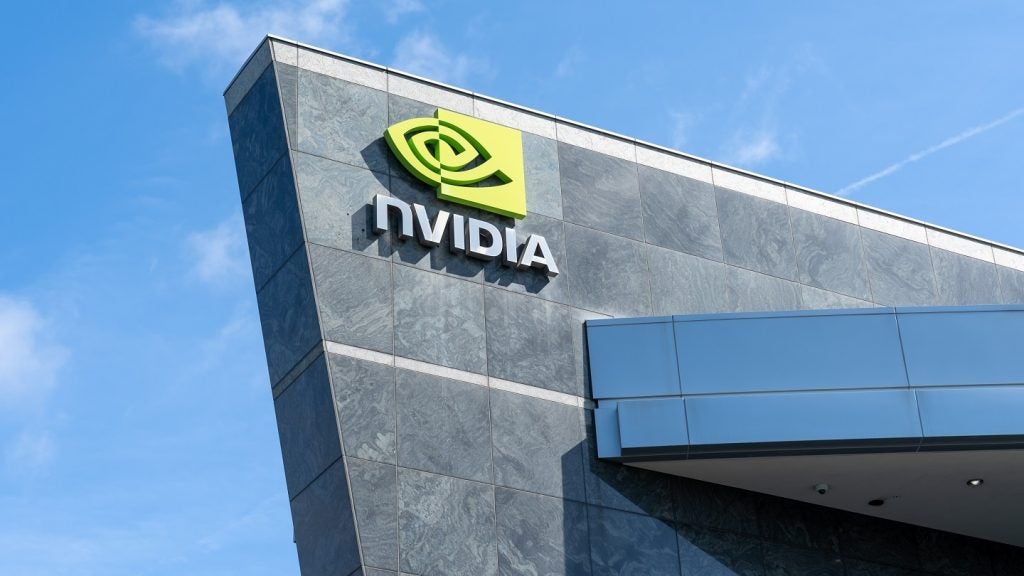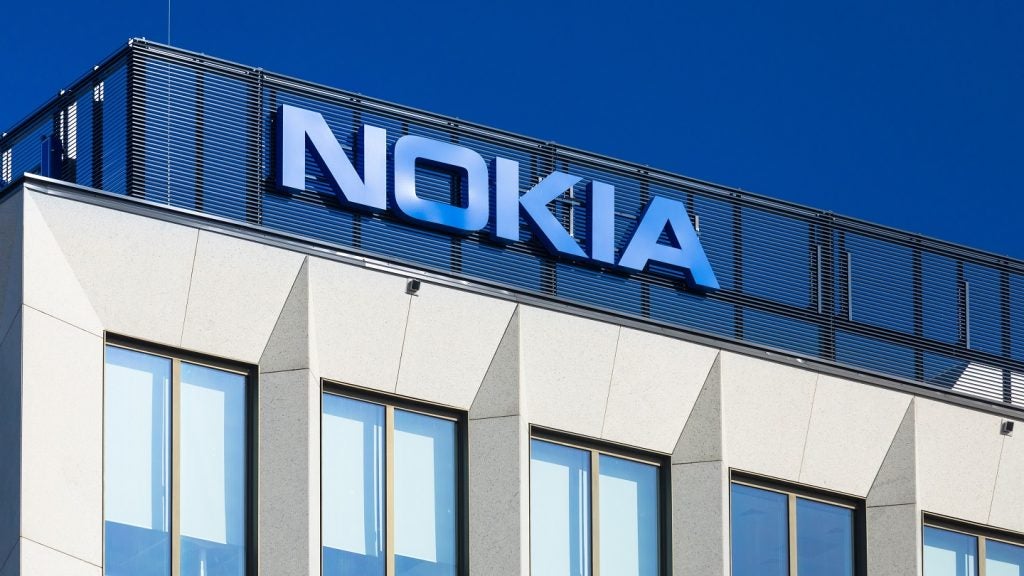
Uber and Lyft have agreed to a joint settlement of $328m to resolve allegations made by New York’s attorney general, accusing the ride-sharing giants of systematically depriving drivers of their rightful pay and benefits.
Attorney General Letitia James revealed that Uber is set to pay $290m, while Lyft will contribute $38m to bring an end to the extensive investigation, marking it as the largest wage theft settlement in the office’s history.
As part of the settlement, drivers will be guaranteed minimum hourly wages and provided with paid sick leave. They will also benefit from enhanced communication through notices and in-app chat support to address any inquiries related to earnings and working conditions.
The investigation led by Attorney General James scrutinised Uber and Lyft’s alleged improper collection of certain taxes and fees from New York drivers rather than passengers. It also highlighted the contentious issue of classifying drivers as independent contractors rather than employees.
Over 100,000 current and former drivers in the state are eligible to reap the rewards of these settlements, ensuring that they receive the compensation and benefits they rightfully deserve under the law, according to James.
Both Uber and Lyft have denied any wrongdoing, dubbed these settlements as a victory for drivers. Tony West, Uber’s chief legal officer, declared that this resolution helps address the classification issue and could serve as a model for other states.
Lyft, in a separate statement, maintained that it has consistently and correctly classified its drivers as independent contractors.
Earlier this year, Lyft announced it was considering selling its bike and scooter business as David Risher, the company’s new CEO, attempts to steer the company’s efforts towards its core offering.
However, Lyft continues to face tough competition in the transport sector, with Uber’s stock rising 54% between March and July 2023, the Wall Street Journal reported.
The contentious issue of driver classification has been a long-standing battle between Uber, Lyft, and drivers across the nation, with both companies contending that many drivers prefer to work as independent contractors.
The settlement payments amount to just under 1% of Uber’s and Lyft’s annual revenues. The alleged violations by Uber spanned from November 2014 to May 2017, while Lyft’s improprieties occurred from October 2015 to July 2017.
The investigation also revealed that both companies had denied drivers sick leave, a benefit that state and New York City employees are legally entitled to receive.
The probe originated from concerns raised by the New York Taxi Workers Alliance, representing various types of drivers, including yellow taxi, green cab, app-based, livery, and corporate car drivers.
Under the terms of the settlements, drivers outside New York City will be entitled to a minimum of $26 per hour for their rides and sick leave, with annual adjustments for inflation.
In New York City, drivers already receive minimum pay and some paid time off, as mandated by the city’s Taxi and Limousine Commission. Uber and Lyft drivers in the city will now receive $17 per hour for sick leave, with inflation adjustments.
In 2017, the London Employment Tribunal ruled that Uber was acting unlawfully by not providing drivers with basic workers’ rights in the UK. This includes holiday pay, guaranteed minimum wage, and entitlement to breaks. Though Uber appealed the ruling, it was later upheld in court.
How well do you really know your competitors?
Access the most comprehensive Company Profiles on the market, powered by GlobalData. Save hours of research. Gain competitive edge.

Thank you!
Your download email will arrive shortly
Not ready to buy yet? Download a free sample
We are confident about the unique quality of our Company Profiles. However, we want you to make the most beneficial decision for your business, so we offer a free sample that you can download by submitting the below form
By GlobalData






